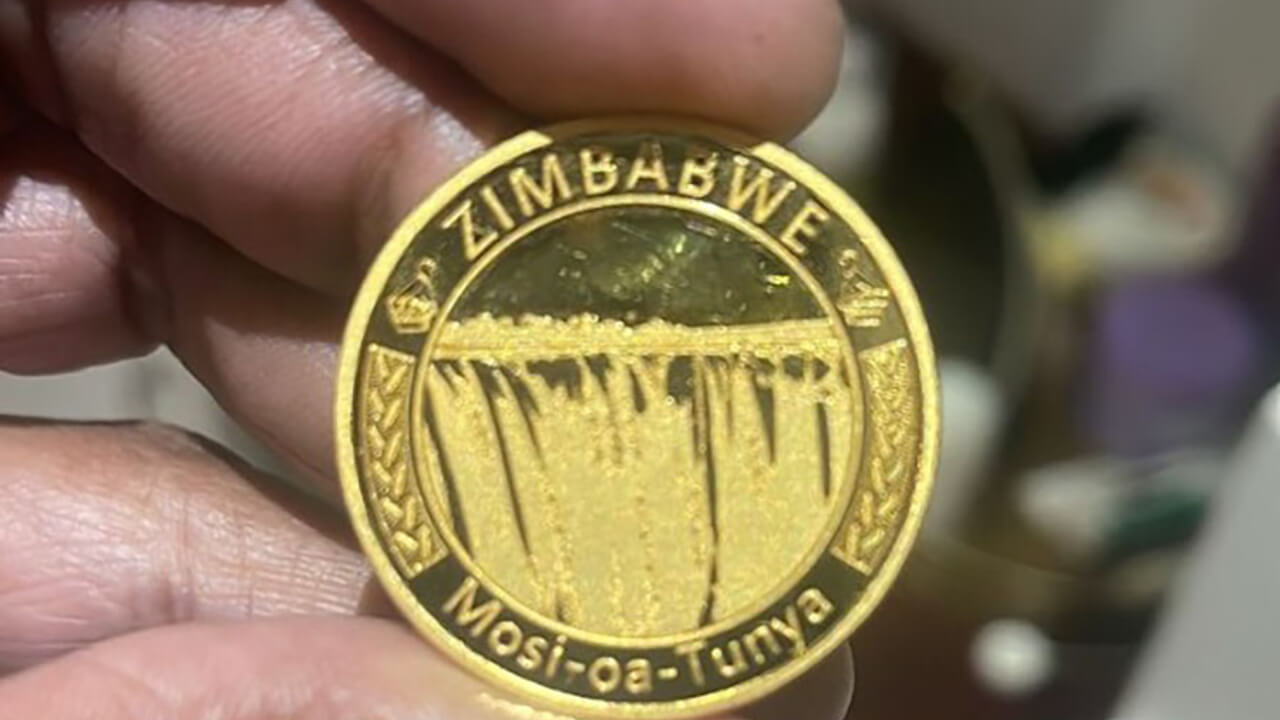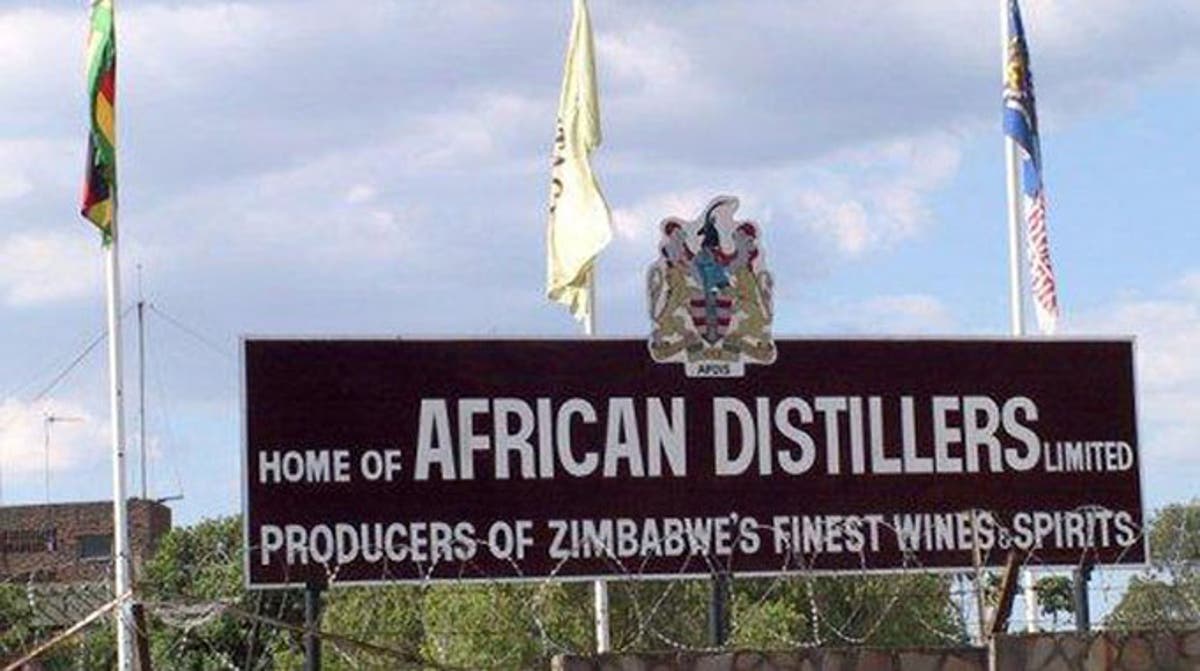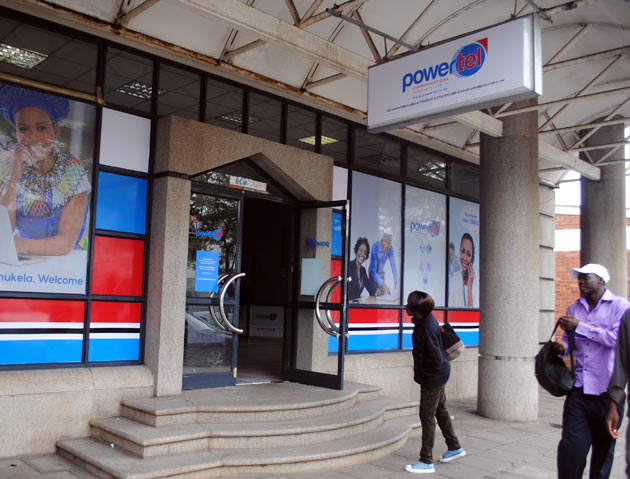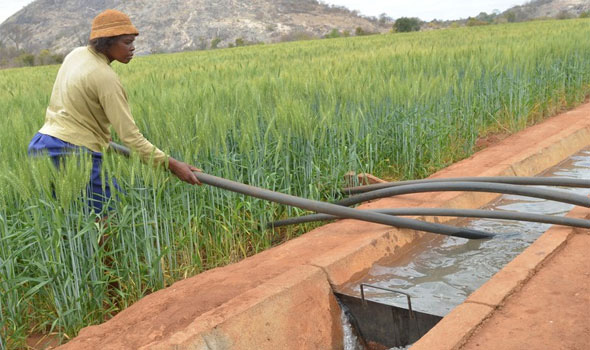Block system transforms Matabeleland South irrigation schemes
THE newly adopted block system at selected irrigation schemes in the Matabeleland South province is proving to be effective as it promotes value chain development and maintains market supply.
Through the block system, farmers at irrigation schemes operate at full capacity and can meet consumer demand.
At Sebasa Irrigation Scheme in Gwanda South, farmers have adopted a viable business model to generate sustainable income, raking R120 000 through the sale of groundnuts from their last harvest.
This is in line with the country’s rural industrialisation drive under the National Development Strategy 1, a five-year blueprint spanning 2021 to 2025.
Of the 28 hectares under cultivation at Sebasa Irrigation Scheme, 20 hectares are under wheat in addition to the sugar beans and sweet potato crop.
Matabeleland South provincial agricultural officer, Mr Mkhunjulelwa Ndlovu, said the block system allows for production throughout the year.
Matabeleland South provincial agricultural officer Mr Mkhunjulelwa Ndlovu “With the block system, when we approach farming based on seasons, we’re saying the fields have to be green throughout the year,” he said.
“For example, without the block system, it would mean we plant 100 hectares of maize at one go and once that 100 hectares dries up, the fields are no longer green and the business chain has been broken.
“But we’re saying let’s divide those 100 hectares into four blocks such that each 25- hectare block has a different crop, which is planted at different intervals.”
Under the block system, crops mature at different times such that each block bridges the gap in terms of feeding the market.
The farmers approach each block collectively and also have to observe issues of rotation, said Mr Ndlovu.
He said the block system is advantageous in that the supply chain becomes constant and balanced.
“Also, by planting different crops, we’re breaking the lifecycle of certain pests and diseases.
This way, the irrigation scheme can operate to its full capacity in terms of efficiency,” said Mr Ndlovu.
“Where inputs are concerned, because farmers will be doing the value chain supply when a certain block is being marketed, as they come back, they’re also bringing inputs.
“The block system is advantageous in terms of input and output market, value chain development, maintaining an equilibrium in terms of market supply and meeting the Disease free plant propagation
We specialize in production and distribution of healthy high yielding plants for growers.
With this system, he said farmers will always have produce on the market.
“We’ve been harvesting and marketing maize to the Grain Marketing Board (GMB), next month we’ll be processing sugar beans and vegetables.
Grain Marketing Board (GMB)
“Come September, we’re preparing for early summer maize and the harvesting of wheat. We supply wheat to GMB from October to December, from August to September we’ll be supplying sugar beans so there’s a continuous chain.
“That’s why we’re now encouraging our farmers to adopt the block system,” said Mr Ndlovu.
One of the farmers at Sebasa Irrigation Scheme, Ms Thabiso Moyo said she was hoping to harvest a ton of sugar beans.
“This irrigation scheme has empowered us and we’re able to get something out of it. We can now stand on our own as women and contribute meaningfully to our households,” said Ms Moyo.
She said previously, farmers, particularly women, struggled to make ends meet. The Chronicle











